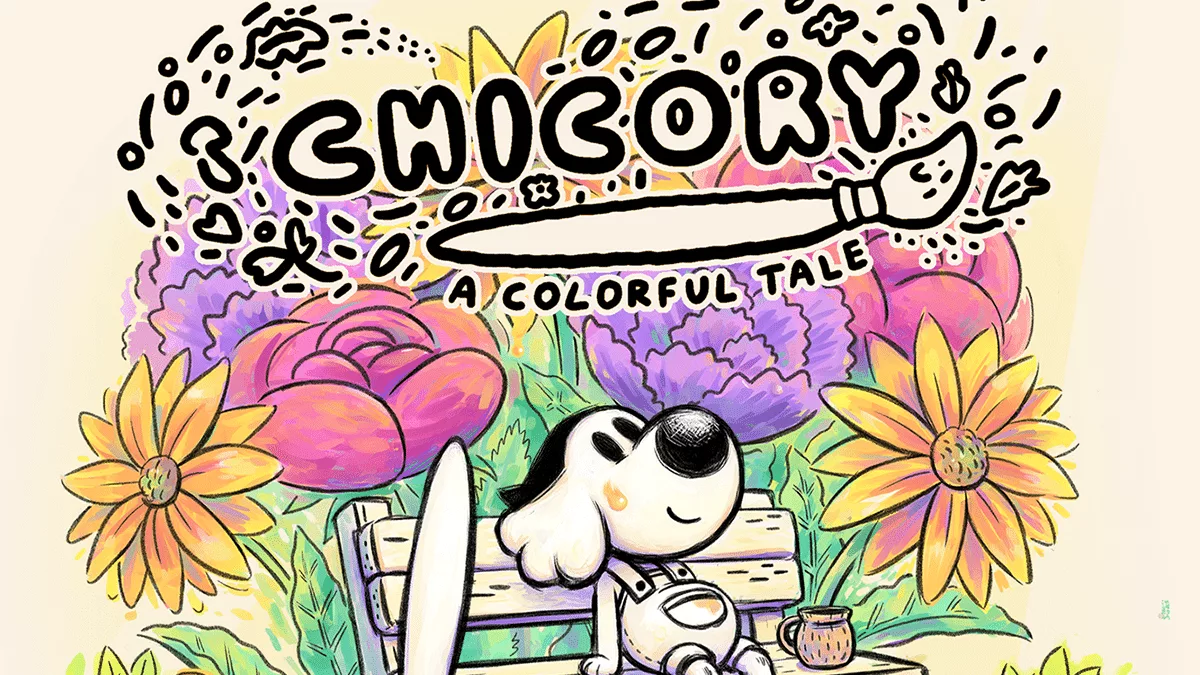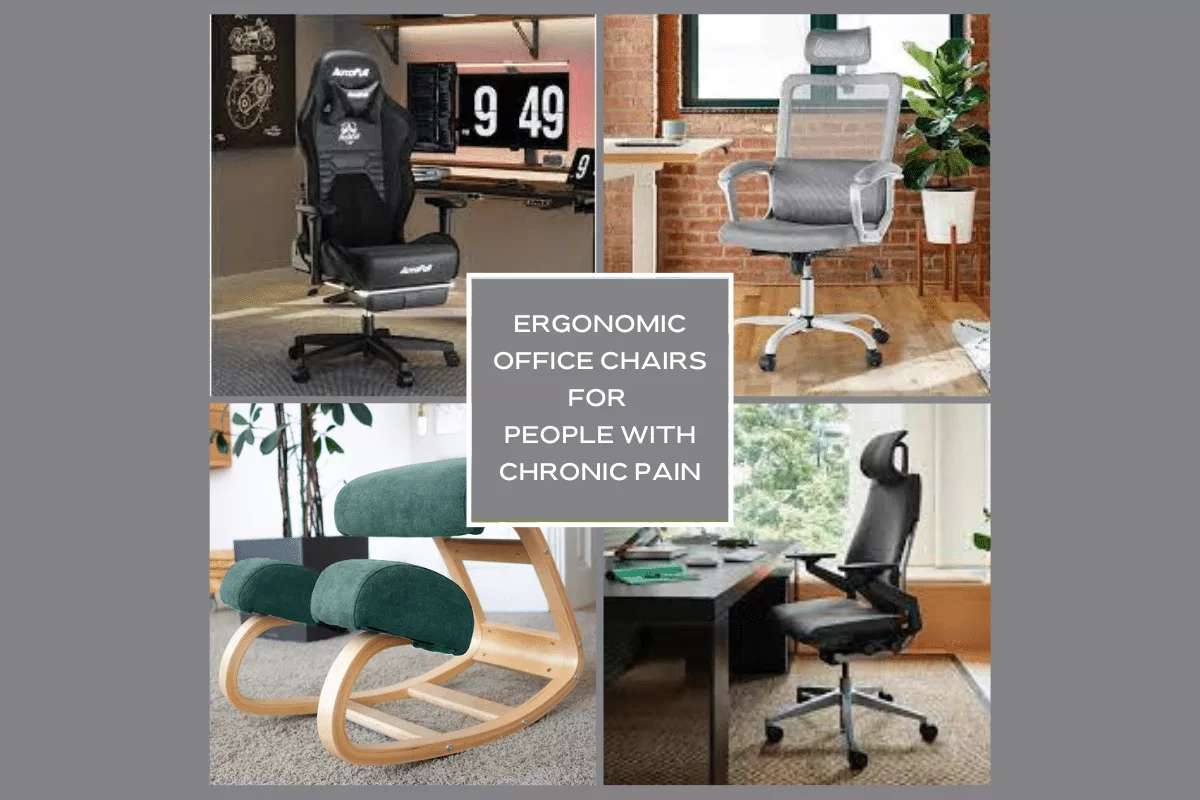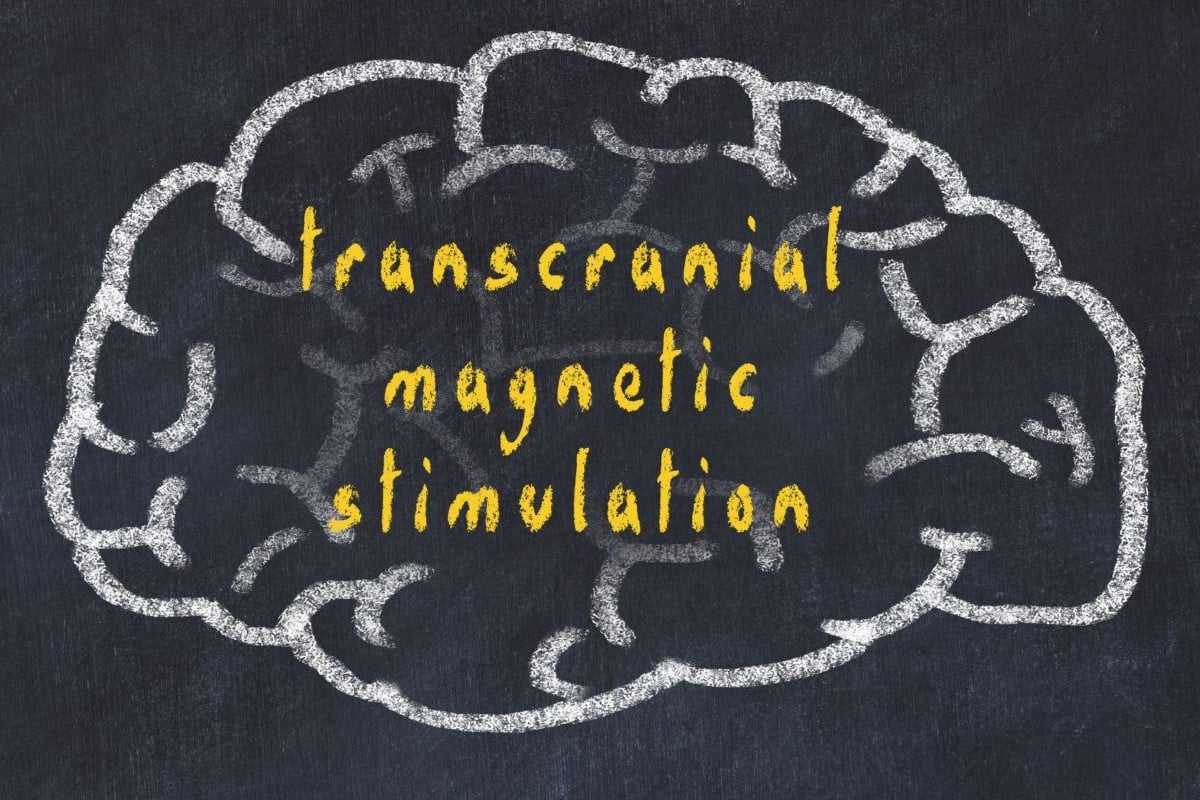
All too often, the mental health of artists is glamorized or dismissed entirely. Through the starving artist trope, it is taught through real people like Vincent Van Gogh and fictional works like the movie Moulin Rouge that it is OK to sacrifice your mental health and suffer for the sake of creating worthwhile art. On the other hand, the harsher aspects of mental health like the inability to create anything or lashing out at loved ones are rebuked by people who don't empathize with mental health issues. One piece of media that taught me the importance of managing my mental health as an artist is the video game Chicory: A Colorful Tale.
Created by Wishes Ultd, Chicory: A Colorful Tale is a game where you play as a dog who wields a magic paintbrush in order to fight corruptions and restore color to the world of Picnic Province. The dog is a stand-in for the player, named after whatever your favorite food is, and is always addressed by name or with gender-neutral pronouns. Initially, I bought the game for the premise alone, since digital art was already a hobby of mine and the game seemed relaxing enough to soothe my anxiety. However, the game takes on a deeper meaning after you complete the second chapter.
At this point, it is revealed that the source of the corruptions is Chicory, the former wielder of the paintbrush. As a result of depression, she abandoned the paintbrush and her duty as the wielder and unintentionally caused all the color in the world to disappear. Moreover, the corruptions up to this point are a manifestation of Chicory's darkest thoughts and fears. For example, the second boss fight resembles a twisted version of Chicory's head as it insults Cookie's abilities as a wielder before they fight.
At first, it seemed like this game was following the well-worn trope of making disabled people evil villains. In an essay for The Nora Project, writer Katie Corr explains that the disabled villain trope occurs when a disabled character's condition is used to make them scarier. Their condition often has a tragic backstory as an explanation for their evilness and the character usually aims to seek revenge on those who hurt them. Thankfully, Chicory: A Colorful Tale avoids this in several ways.
First, the boss fight in chapter four of the game has the corruption manifest as Cookie's worst thoughts and fears, demonstrating that Chicory isn't the only one connected to corruptions and therefore isn't the source. Not to mention, Cookie's experiences as the new paintbrush wielder up to this point have allowed them to empathize with the depression and anxiety Chicory has experienced. This results in a character arc that connects Cookie and Chicory, allowing them to grow together.
In fact, a notable moment that plants the seed of empathy between Cookie and Chicory occurs when Cookie meets with their sister Clementine at a pizza shop and designs a new sign. While it is optional to do both, doing so results in a cutscene that has Cookie explaining that they made the pizza sign because they feel like they have to help everyone to prove themself as the wielder and that they can't let anyone down. Clementine gently tells Cookie, “Yes you can and it's OK.”
Since Cookie now understands some of Chicory's pain, they are able to help Chicory when she has a panic attack, which manifests as a boss fight in Chapter 5. Instead of fighting Chicory, Cookie patiently talks Chicory through it while avoiding her attacks. This is an emotional battle, as Chicory lashes out and screams that she's a monster. She thinks the corruptions are all her fault and that Cookie should abandon her. However, Cookie refuses to do so and eventually ends the boss fight by telling her to focus on controlling her breathing.
When Chicory finally calms down, Cookie figures out that the paintbrush itself must be the source of the corruptions because of how it manifests a wielder's thoughts and feelings. Out of gratitude and newfound friendship, Chicory decides to take Cookie on as their apprentice and guide them through the wielder trials in order to strengthen the brush and defeat the corruption once and for all.
Not only does the game tackle self-doubt, depression, and anxiety through the characters Chicory and Cookie, but it also does it through the gameplay itself. By coloring in the world around you and fighting the corruptions with brush, it demonstrates how some artists use their work to creatively express themselves despite mental health issues and self-doubt. It also shows how artists must have solid support systems to properly take care of their mental health. This is especially demonstrated during the wielder trial that takes place on a mountain.
At this point, the player must scale a mountain by jumping and solving puzzles with the paintbrush. When you reach the peak, Chicory asks that you sing a song with them and the player must paint the lyrics as they appear while following the rhythm of the song. The song, known as “Song of The Wielders,” discusses the self-doubt that artists (and everyone) must face and overcome in order to create things and change themselves for the better.
Of course, this game wouldn't be playable at all for some players without its plethora of accessibility options, which are discussed in detail by Coty Craven at the gaming accessibility website Can I Play That?. Some of the settings include content warnings for sensitive topics, options for preventing eye-strain, and the ability to customize the controls for comfort. I personally found the eye strain options and the ability to adjust player health super helpful as someone who sometimes gets gaming anxiety and has sensitive eyes.
Through its creative premise, powerful character arcs, and charming and accessible gameplay, Chicory: A Colorful Tale taught me the importance of managing my mental health as a creative person. When I can't write poetry or draw digital art due to poor mental health, it feels like the color has been sucked from my world. With an empathetic support system to help combat mental illness and erase self-doubt, I can make my world bright again.







